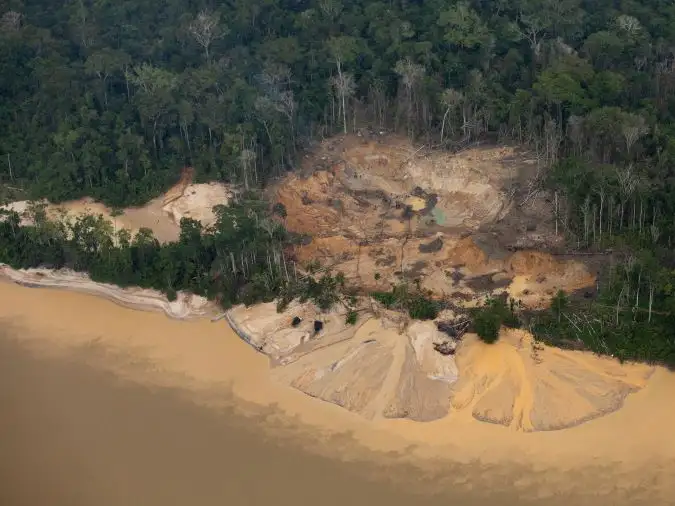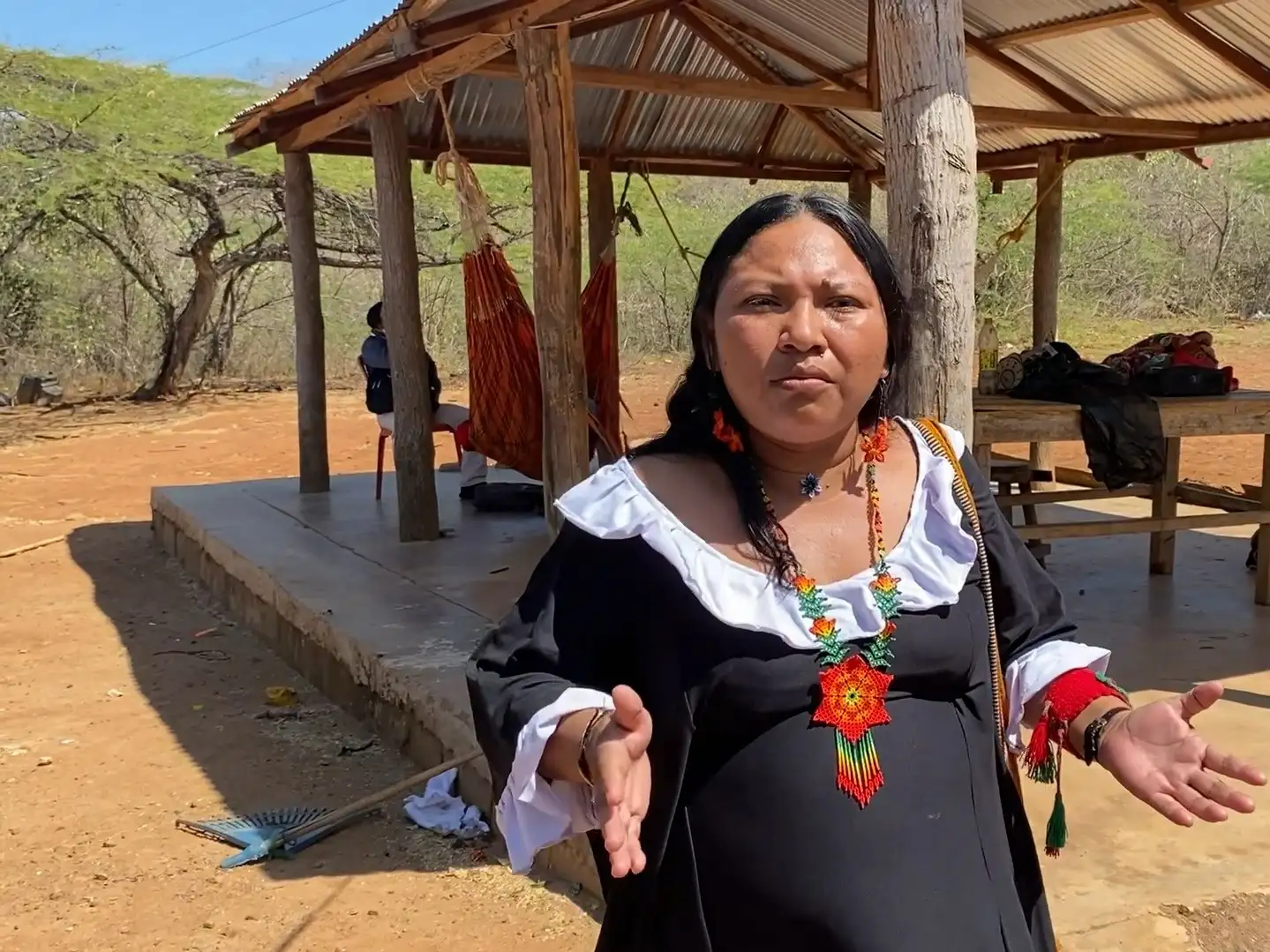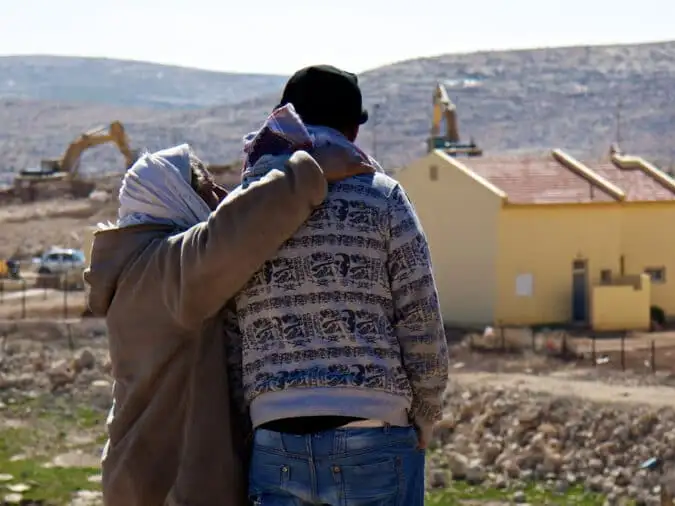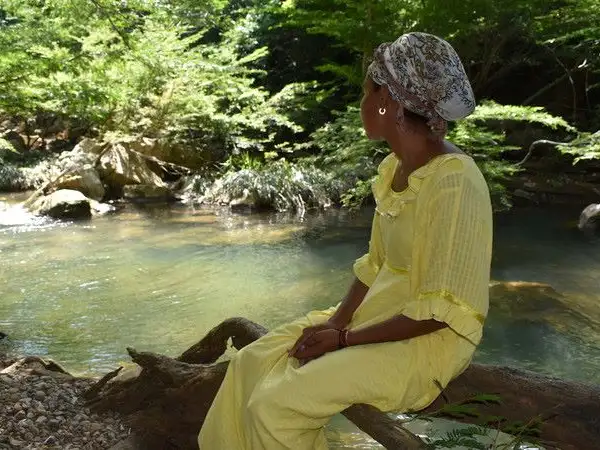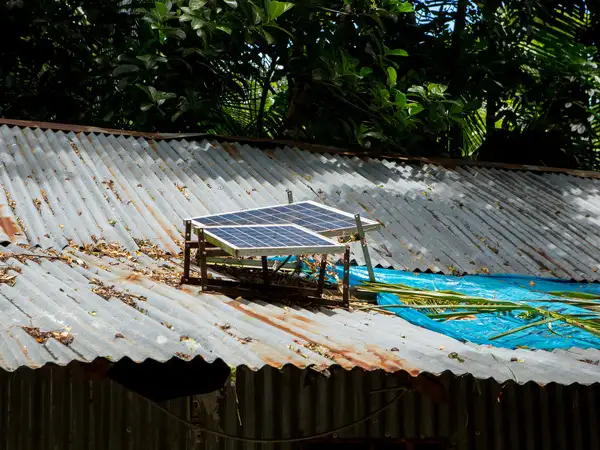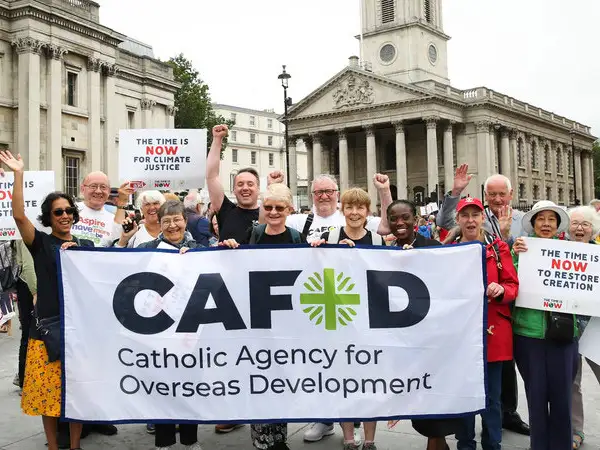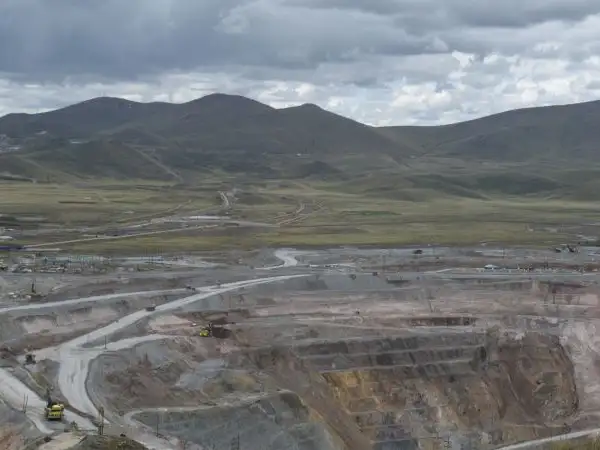

Mining in province of Espinar in the Cusco region of Peru, negatively impacts communities and the environment. Credit: Lucy Jardine, CAFOD
CAFOD's policy and research papers examining the effect that the operations of multinational companies have on local communities and recommending policy change.
Communities around the world are experiencing human rights abuses, environmental destruction and the impacts of climate change as a result of the operations, investments, subsidiaries and supply chains of multinational companies.
This includes:
Modern slavery
The removal of communities from their lands or operations on their lands without their consent
Mass pollution and large-scale deforestation
Intimidation, abuse and killing of human rights and environmental defenders who resist the presence and operations of business
Rising sea levels as a result of fossil fuel emissions.
Many of these impacts are driven by global demand for crops, minerals and energy, which benefit companies and consumers in the UK and other richer nations, while the environmental and social costs of business are pushed down supply chains.
Key areas of work
CAFOD is calling for:
Local community control and decision-making over land, water and forests.
Effective legislation to ensure businesses respect for human rights and the environment.
Access to justice for those harmed by company actions.
Circular and regenerative business models, and a rebalancing of corporate governance away from a singular focus on shareholder profit.
Changes to our own lifestyles, to how and what we produce, consume and dispose.
Because of the huge imbalance in power between communities and large companies, it’s often very difficult for those harmed to get justice for the harms they suffer.
Recent years have seen an increase of voluntary measures to address companies’ social and environmental impacts – also known as “Corporate Social Responsibility”. But they have failed to prevent harm, or dislodge a primary focus on profit and shareholder value over people and planet.
Case studies
Key documents
CAFOD's policy team provides briefings, reports and research on our advocacy and lobbying work, plus materials to support our campaigns.
Find out more about campaigning on social justice issues with CAFOD.


